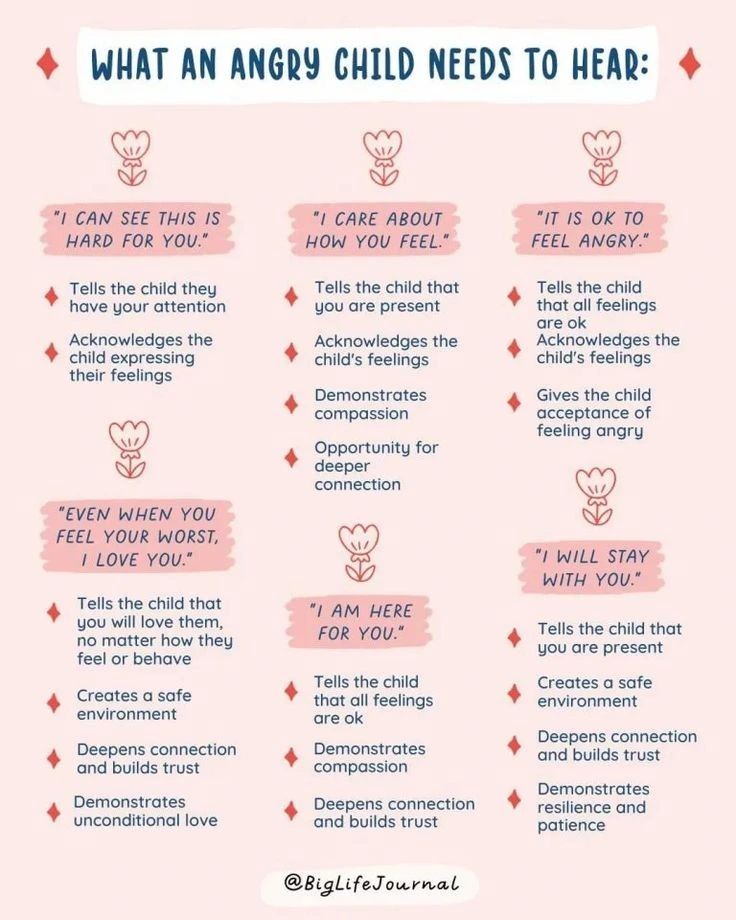How to Stop Being Flaky
We all know that some parents and professionals end up being flaky, but I want to share with you some of the reasons why I think it happens. The challenge with this subject area is that there is a balancing act going on between the desire to gain respect and the desire to be liked (or in the case of a parent wanting to be loved). Children learn from a very young age how to negotiate and how to manipulate people. This starts really young and the challenge is that if the ground rules are not laid down early on then getting them in place later on down the line can become even more of a challenge. There are, in my opinion, typically a few different reasons why parents or professionals working with young people might fall into the trap of not being able to gain the respect from their young people that they would ideally like to have.
Firstly, they may fall into the trap of just wanting to make their young people happy. As human beings we feel better when we make other people feel better; I don’t like to be miserable, so I don’t want to make other people feel miserable. But when we do that too much it starts to train the brain of our young person to let them know that if they’re not happy with the outcome then all they have to do is make a fuss or refuse to do what we say and they will get what they want.
Another reason why it’s possible that respect is not gained by parents and professionals is simply a case of wanting to keep the peace. As we said earlier, children learn from a very young age how to negotiate, and when you’ve got multiple things going on simultaneously it’s very easy to give in to their demands when actually what you really want is an easy life, to keep the peace and to prevent another challenge from happening. But in bowing down and giving them what they want instead of sticking by your guns, it gives off the message to them that actually if they persist hard enough then eventually you will give in and you will give them what they want.
And the third reason why adults sometimes find it a challenge to gain respect from children and young people is because they’re just too reasonable with them. If you treat a child like an adult, then you can expect that they will adapt and develop those negotiation skills even further. Here’s the thing, if you were faced with another adult who disagreed with you it would be perfectly reasonable that you would talk through whatever the challenge is and come to some kind of mutual agreement. However, children need to be led by adults. They need to be told what’s what in life and not to have this constant negotiation going on with them, whereby they start to believe that they’ve got just as much control, power and persuasion as adults do. The truth is that they don’t, and it causes them to believe that their place in the hierarchy is perhaps higher up than it really is. And this will cause problems for them later on in life, or in other areas of their life, when there are defiant adults that they interact with who have different expectations of them.
For example, the expectation that they will do what they’re told – be that with another professional, or with perhaps a teacher or an instructor a club that they attend. If they’re used to being able to negotiate the rules all of the time then they’ll carry out the same expectations there and might then find it a terrible shock when they find that their ways of manipulating people outside of the family home don’t apply.
So how do we address the balance when there is this environment that is out of sync, where on one hand you want respect and on the other hand you don’t want to lose out on love or connection with that particular young person? Well it comes down to you, as the adult, to take control of the situation. The very first thing that you do is to ride out the backlash that you’re going to get by sticking to your guns. You are going to have to stick to your guns because, ultimately, children and young people learn by taking direction and instruction. We want them to learn that they do, to some extent, need to conform to the world around them and that they can’t just have what they want, when they want it. We need to be able to stick to the plan that we have in place in order to regain that respect.
It’s also important that you stick with it not just in one particular area but in all areas. If you’re laying down the rules around homework then you also have to transfer that into other areas, like how the young person speaks to you, or when it is and is not appropriate to be on their phone. We do this so that you avoid creating any sense of confusion. If we stay strict in one area but are a bit looser on another area, then it gives the impression that there is always going to be wiggle room – and there isn’t. If we are committing to redeeming respect, then we need to make sure that we stick by it in all areas.
And my final tip, is by far one of the trickiest ones to carry out. You have to be a teacher or a leader or a parent or whatever your relationship is with them first, prior to being their friend. This means that there will be times when enforcing those rules or boundaries or asking for that respect will feel uncomfortable for you. It will feel as if you are not liked because of it and the truth is you just have to suck that up, because ultimately being able to give children and young people guidance and direction in their lives helps to keep them safe.
We don’t want to be in a situation where our rules are so flaky, that they don’t feel that they can come to us for that support when they might need it later on in their lives when they are facing a really difficult time. They need people around them who they know have got a backbone, and so they need to know that you can stand up for yourself but that you can stand up to them if necessary. Because if you can stand up to them it means that you can stand up for them.
When you do that effectively and they know what the boundaries are a friendship can follow, but it’s secondary to the other things that are more important.
By Gemma Bailey
The original version of this article was written by Gemma Bailey, director of www.NLP4Kids.org.
It was republished and rebuilt with additional content by NLP4KIDS PRACTITIONER IAN DAVIES




